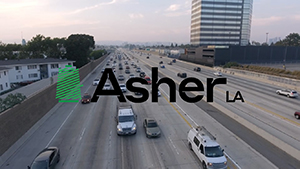Gap Issues Compliance Report
Gap Inc. cut ties to 70 of its factors that were found to seriously abuse its workers, according to the company’s 2004 Social Responsibility Report, which was published on July 13.
According to the report, Gap’s 92 vendor compliance officers, or factory inspectors, visited 99.9 percent of its 2,672 factories spread across the world to see if the manufacturers were seriously violating labor standards on matters such as wages, overtime and forced labor.
Gap, based in San Francisco, first published a Social Responsibility Report in 2003, when it severed ties with 136 of its factories. The company rejected 15 percent of the manufacturers that sought to do business with the retailer in 2004 (it rejected 16 percent in the previous year). Gap also got international organizations such as New York–based Social Accountability International to monitor and double-check the work of its inspectors.
In one sense, Gap’s job got easier in 2004 because some trade quotas were eliminated and the company was able to consolidate production in some of its approved factories. On the other hand, measuring compliance year over year was tough because the lack of consistent industry standards and enforcement makes it nearly impossible to compare the manufacturers’ performances, according to the report.
But Gap President Paul Pressler said he believed his company’s efforts will help change the way the global apparel industry does business. “I’m optimistic that progress in our industry over the next decade will be more profound than anything we’ve seen, because ethical sources represent a better way of doing business in a global economy,” he wrote in the report.
Although apparel makers such as Gap and Nike Inc., based in Beaverton, Ore., have drawn praise for their efforts to monitor conditions in their overseas factories, other organizations monitoring the global workplace said there is still work to be done. “Yes, there’s improvement but not enough—especially in wages, some of which have gone down recently,” said Scott Nova, executive director of the Washington D.C.–based Workers Rights Consortium. —Andrew Asch





















